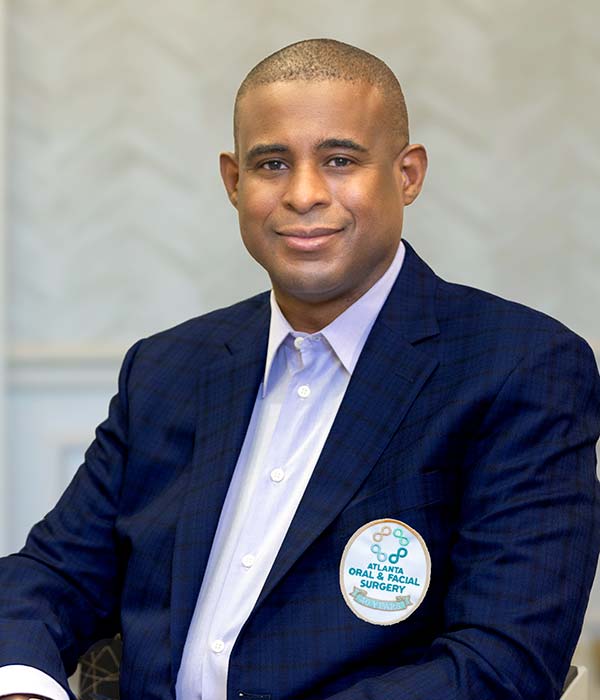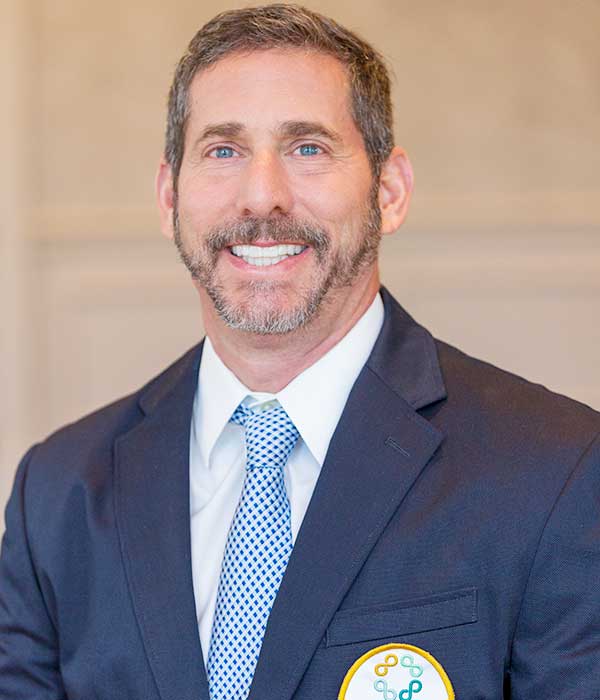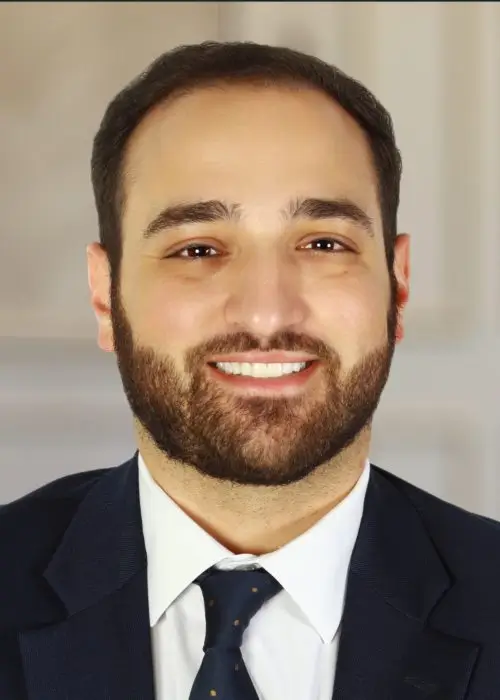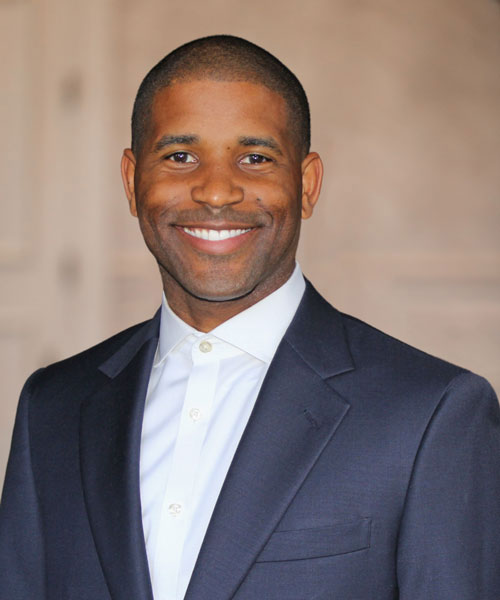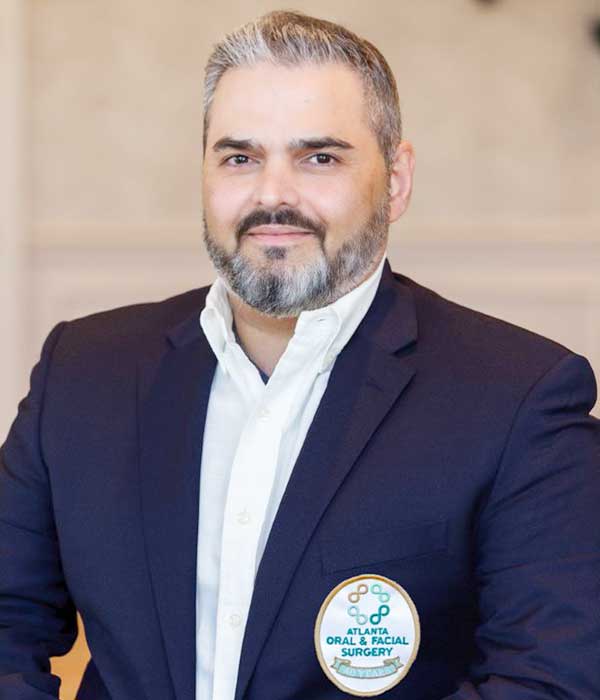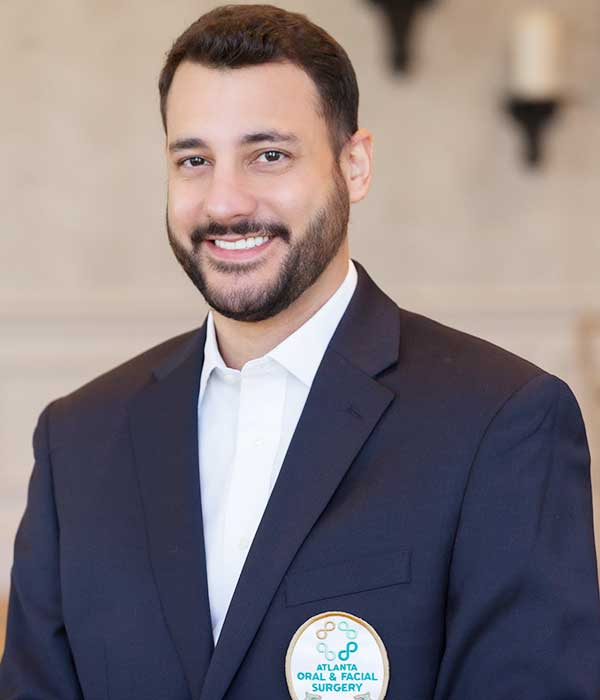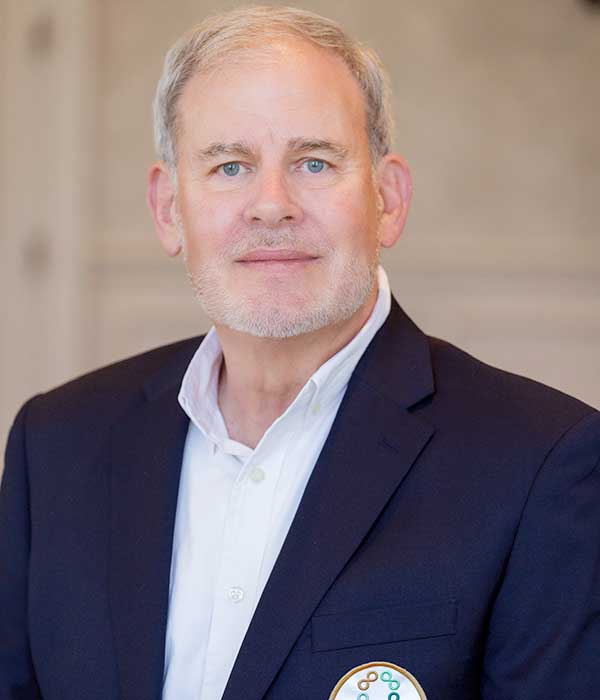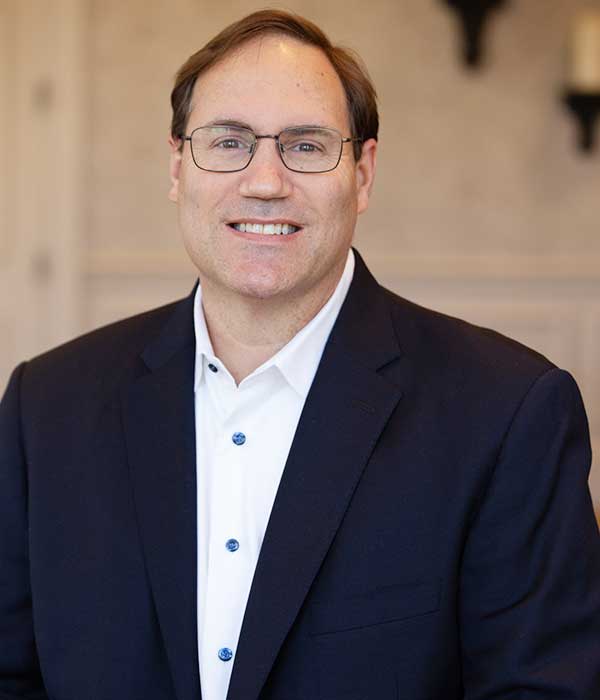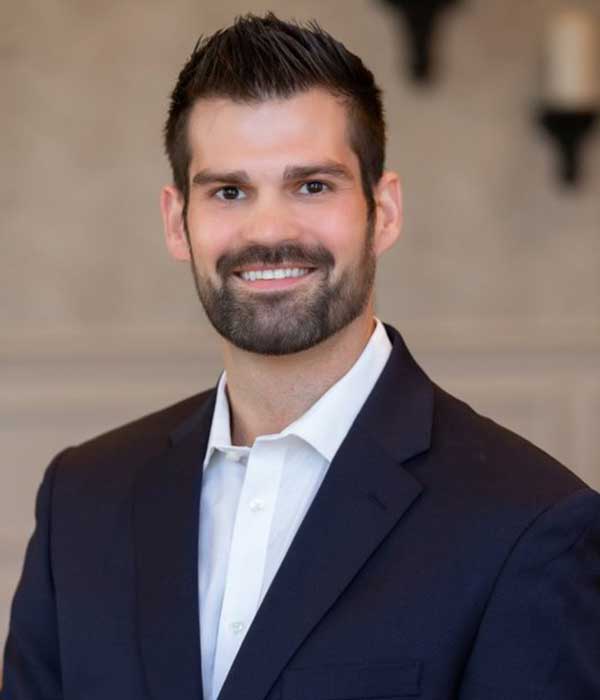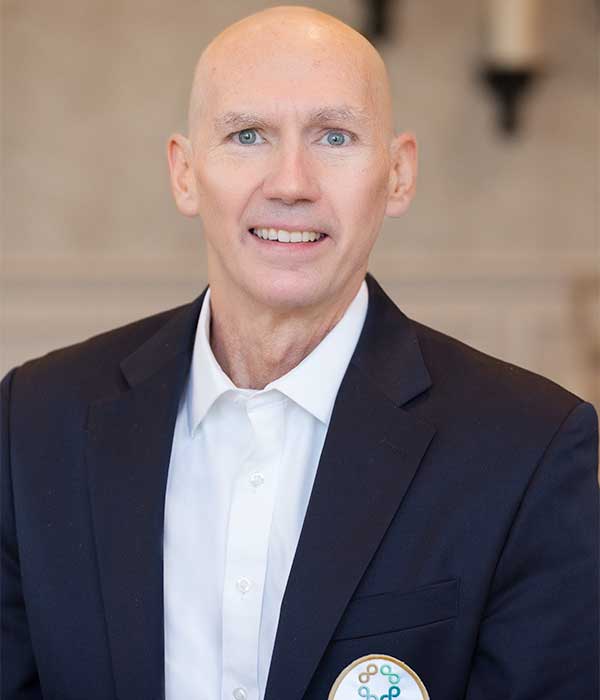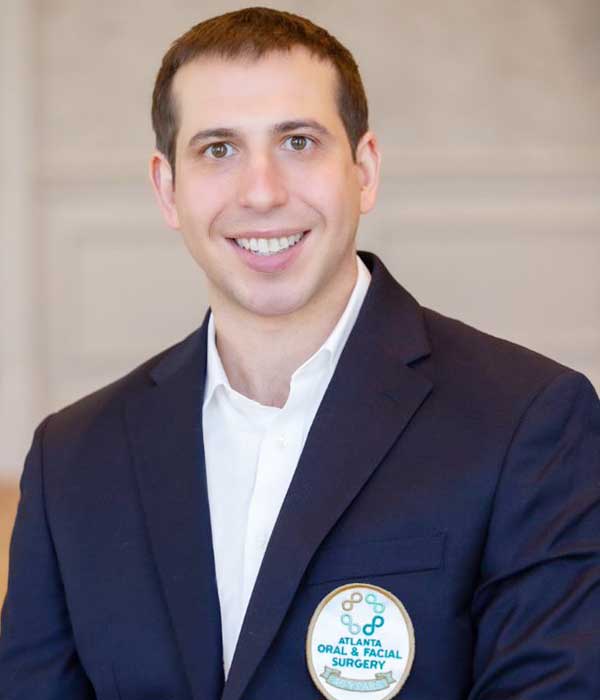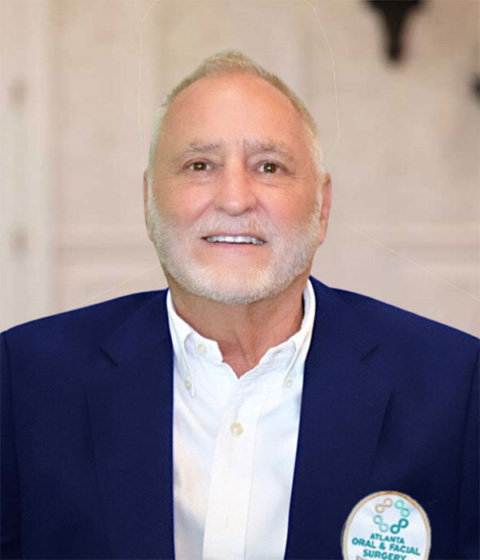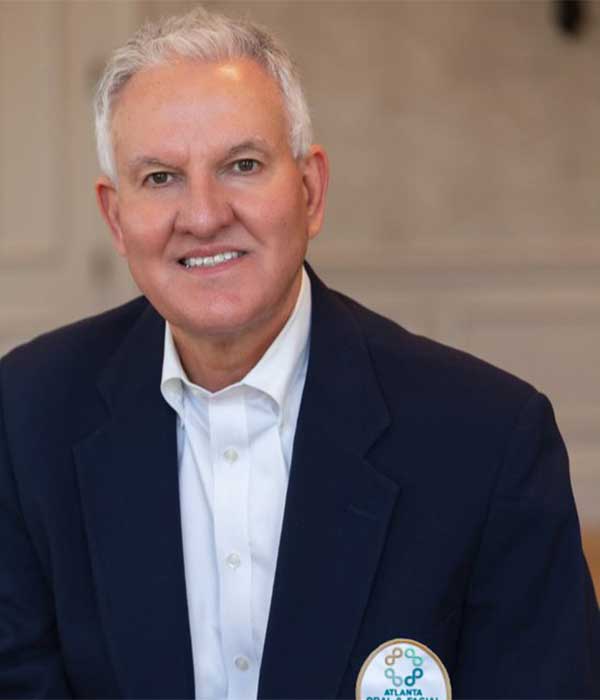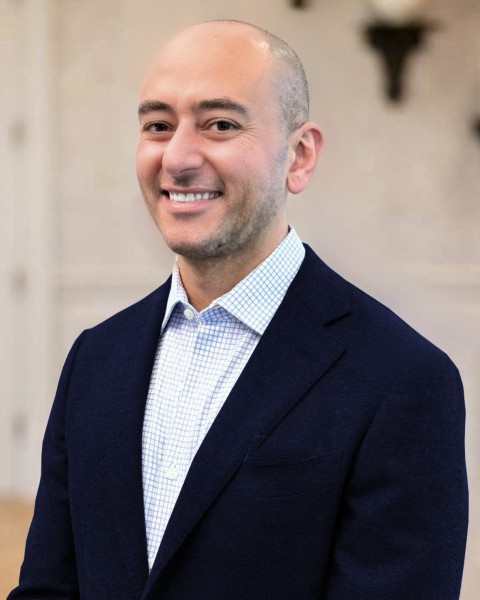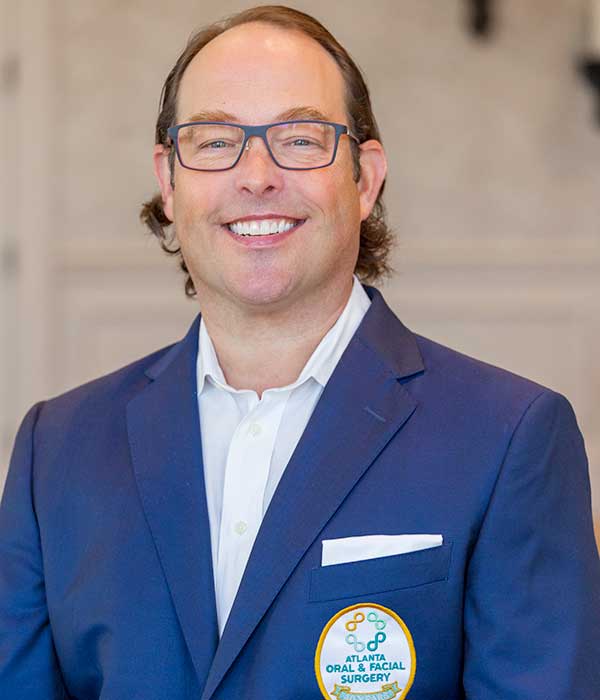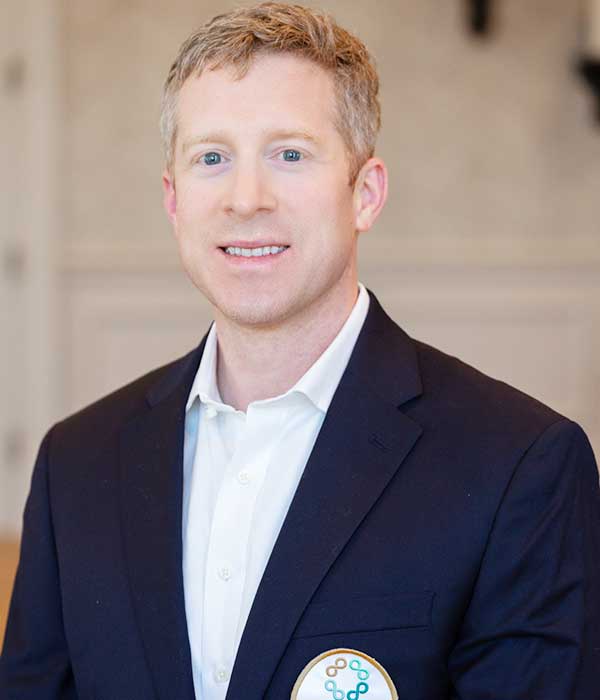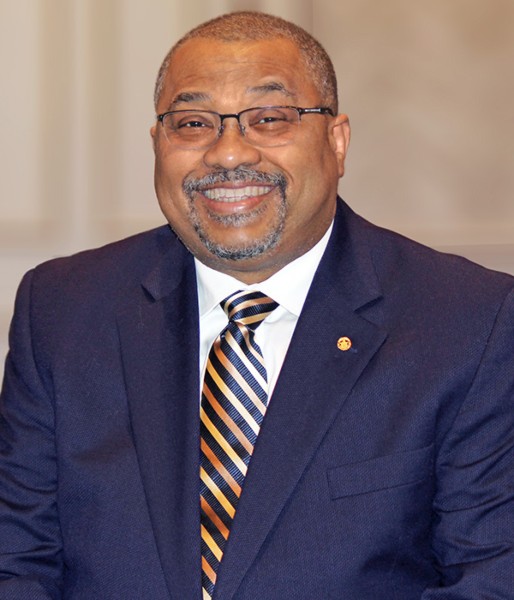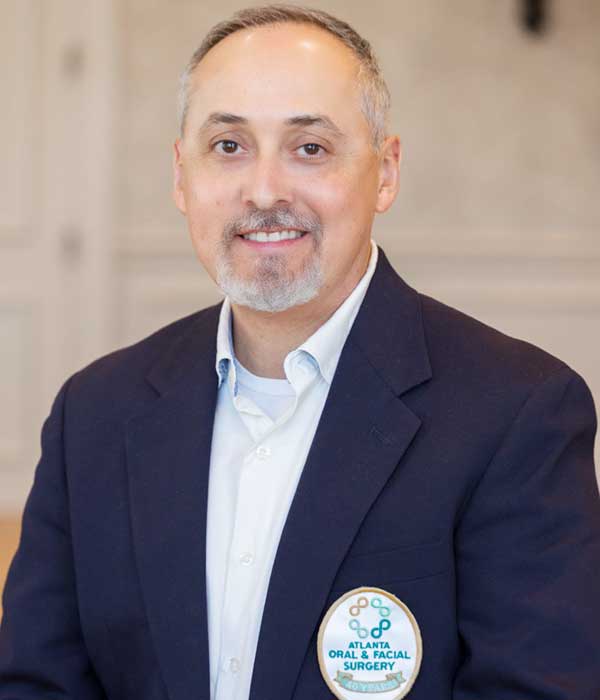Reasons to Consider Facial Reconstruction
Facial reconstruction surgery is a medical procedure designed to repair or reshape the face, whether due to trauma, congenital defects, disease, or cosmetic concerns. Over the years, advancements in surgical techniques and technology have made it a much safer and more effective option for those who need it. Many people who undergo facial reconstruction do so to restore both functionality and appearance, while others may seek this surgery for aesthetic enhancements. This article explores several reasons why you might consider facial reconstruction and how it can be a transformative experience, both physically and emotionally.
Rehabilitation After Trauma
One of the most common reasons for facial reconstruction is to repair damage caused by traumatic injuries. Accidents, like car crashes, falls, or sports-related injuries, can lead to severe facial disfigurements, including broken bones, lacerations, or burns. In such cases, facial reconstruction surgery is crucial for restoring the face’s structure and functionality.
Traumatic injuries often cause damage to both soft tissue and bone, and reconstructive procedures can help address both. For example, fractures in the jaw or cheekbones may impair one’s ability to chew or speak properly. Similarly, damage to the nose or eyes may impact breathing or vision. By undergoing surgery, many individuals not only recover their appearance but also regain important functional abilities. If you or someone you know has suffered facial trauma, considering facial reconstruction may be the first step toward a better quality of life.
Correcting Congenital Defects
Another significant reason to consider facial reconstruction is the correction of congenital defects. Birth anomalies such as a cleft lip or palate, craniosynostosis (where bones in the skull fuse prematurely), or facial asymmetry can affect a person’s appearance, speech, and even cognitive development in some cases. Children born with these conditions often require reconstructive surgery at a young age, but sometimes additional procedures are necessary as they grow older.
Facial reconstruction, in these cases, is not just cosmetic but also vital for normal function and development. For instance, repairing a cleft lip or palate can significantly improve a child’s ability to eat, speak, and breathe. This type of surgery not only enhances a person’s physical appearance but also has a dramatic impact on their overall quality of life, helping them gain confidence and socialize more easily.
Post-Cancer Reconstruction
Cancer treatments, particularly for head and neck cancers, can leave patients with substantial facial disfigurement. Surgical removal of tumors in the face, mouth, or neck can affect a person’s ability to speak, eat, or smile, drastically altering their quality of life. Facial reconstruction surgery, in these instances, is vital for both functional recovery and aesthetic restoration.
Reconstructive surgery after cancer can involve complex procedures to rebuild missing tissue, muscles, and bones. Surgeons often use skin grafts or tissue flaps from other parts of the body to repair the affected area. For many patients, the emotional toll of living with facial disfigurement after cancer can be just as challenging as the physical difficulties. Undergoing facial reconstruction can restore their sense of self and help them move forward with greater confidence after battling the disease.
Aesthetic or Cosmetic Concerns
Facial reconstruction through jaw surgery can provide significant cosmetic improvements for individuals with issues like a misaligned bite or asymmetrical jaws. These conditions can affect facial balance, creating an uneven appearance that may lead to self-consciousness or lower self-esteem.
Misaligned jaws can cause a protruding chin, receding jawline, or a crooked smile, which may alter the natural symmetry of the face. Corrective jaw surgery repositions the jaws, improving facial harmony and enhancing the overall appearance of the face. For many, jaw surgery offers not only a transformative physical change but also a boost in confidence and self-image.
Restoring Functionality
Sometimes, facial reconstruction is necessary to restore the normal function of facial features. This can include reconstructing the jaw to improve the ability to chew, repairing eyelids to protect the eyes, or reshaping the nose to correct breathing issues. In some cases, patients might not have sustained visible trauma, but underlying structural problems can affect their daily lives.
For instance, conditions like a deviated septum or jaw misalignment can cause chronic discomfort, headaches, or breathing difficulties. Facial reconstruction can address these functional issues, significantly improving one’s quality of life. If you suffer from ongoing pain, discomfort, or impaired function in your facial structures, it may be worth considering facial reconstruction to regain normal function.
Psychological and Emotional Benefits
The impact of facial disfigurement or dissatisfaction with one’s appearance can go beyond physical discomfort or difficulty. Many people experience emotional distress, social anxiety, and diminished self-esteem due to facial abnormalities or deformities. Whether the cause is congenital, accidental, or cosmetic, facial reconstruction surgery can help individuals reclaim their self-confidence and improve their mental health.
For those who have endured bullying or social isolation because of facial differences, surgery can offer a fresh start. The emotional benefits of facial reconstruction cannot be understated, as the transformation often allows people to feel more comfortable in their own skin and re-engage with society in positive ways.
Aging-Related Changes
As we age, our faces undergo significant changes. Skin loses elasticity, and the underlying muscle and fat can shift, leading to wrinkles, sagging, or hollow areas. Some individuals choose facial reconstruction to address these age-related changes, restoring a more youthful appearance. Unlike traditional cosmetic procedures like facelifts, facial reconstruction may involve more comprehensive structural adjustments, offering longer-lasting results.
Transformative Facial Reconstruction at Atlanta Oral & Facial Surgery
Facial reconstruction surgery can significantly improve both appearance and functionality, offering life-changing benefits for individuals dealing with trauma, congenital defects, or cosmetic concerns. At Atlanta Oral & Facial Surgery, our experienced team of surgeons and oral health professionals is committed to providing the highest level of care using cutting-edge techniques and personalized treatment plans in multiple locations around metro Atlanta. Whether you’re seeking to restore function, enhance your appearance, or address medical needs, we are here to guide you every step of the way. Contact us today to explore your options and learn how we can help you achieve your unique goals for facial reconstruction.




